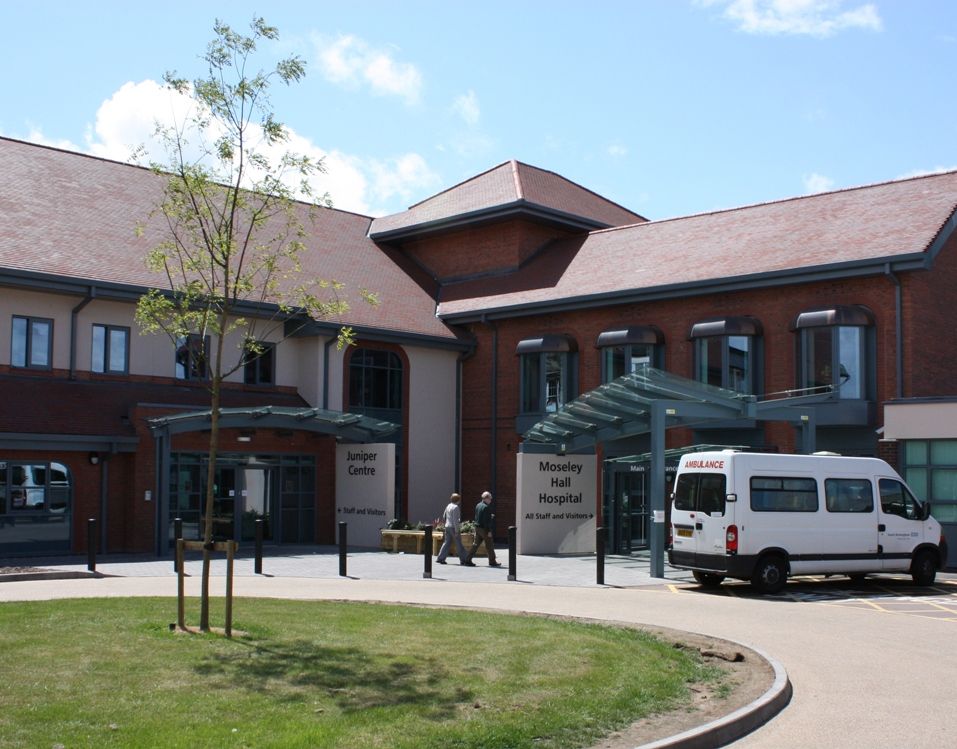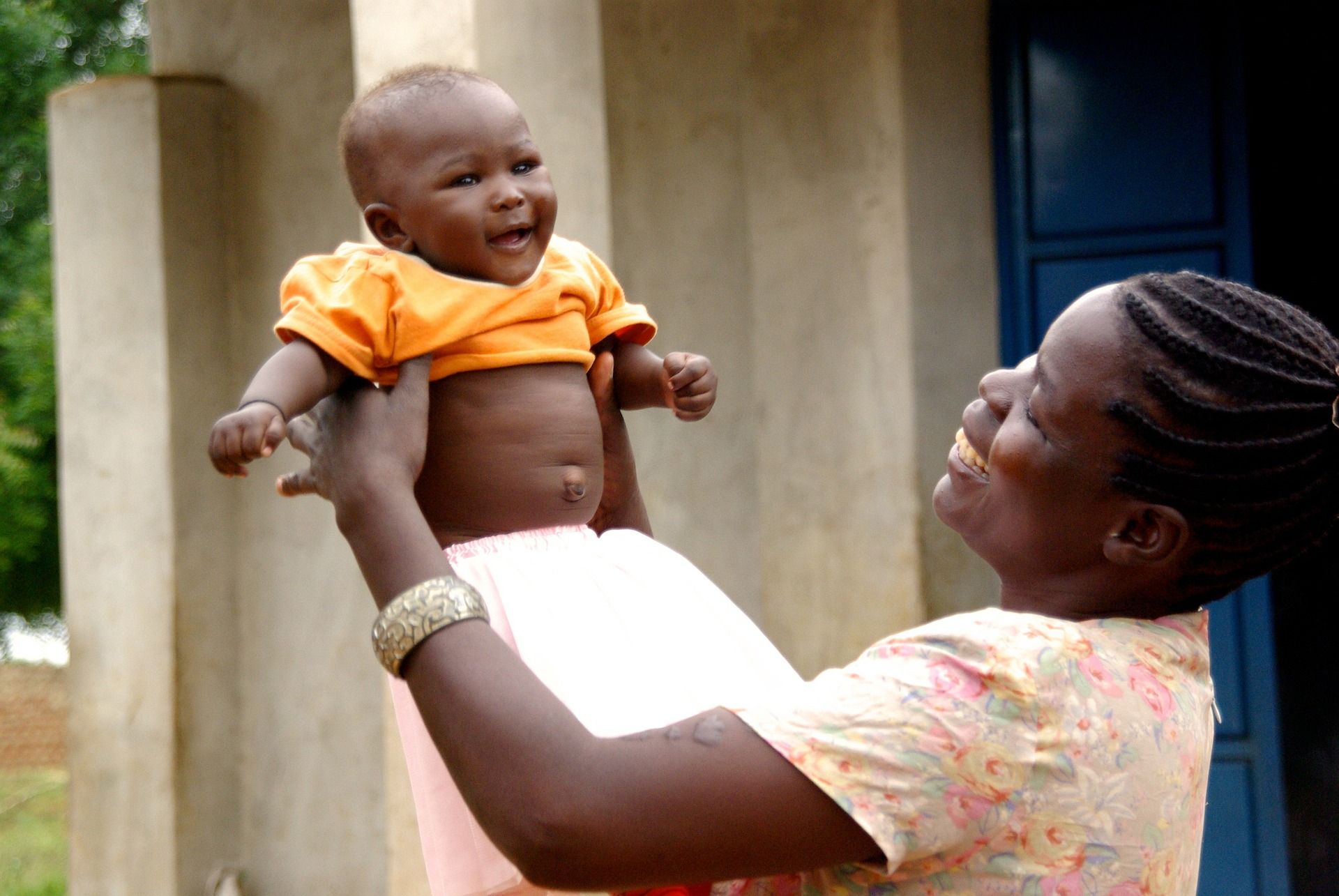New AI tools set to advance early cancer detection and prevention
Birmingham researchers are to play a role in Cancer Research UK’s recently announced £10 million AI detection programme, jointly supported by the National Institute for Health and Care Research (NIHR) and the Engineering and Physical Sciences Research Council (EPSRC) and involving 18 institutions including BHP founder-member the University of Birmingham.
Over the next five years, the Cancer Data-Driven Detection programme will harness vast quantities of data, link datasets and develop new tools to predict cancer risk – ultimately increasing the number of people diagnosed with cancer at its earliest stages.
The programme aims to access and link data from different sources – including health records, genomics, family history, demographics, and behavioural data – to develop advanced statistical models that help scientists accurately predict who is most likely to get cancer. Alongside this, the programme will develop powerful new tools which use AI to analyse the data and calculate an individual’s risk of cancer throughout their lifetime.
Researchers from University of Birmingham will take on specific roles in the programme, alongside approximately 40 others working together collaboratively. Professor Sudha Sundar, gynaecological cancer surgeon and a clinical academic in the University’s Department of Cancer and Genomic Sciences, is advising as a clinical practitioner in the multi-cancer risk prediction area of the work. Dr Ameeta Retzer from the Centre for Evidence and Implementation Science will lead on the cross-cutting Equity, Diversity and Inclusion theme, drawing on her expertise in health inequalities and research equity.
Dr Ameeta Retzer said: “Across the whole programme we will work to embed equality, diversity and inclusion since we know that cancer doesn’t affect everyone equally. It is vital that we ensure our research will benefit everyone, across all communities, equitably and that’s why I look forward to ensuring this strand of work has prominence in all areas of the programme.”
Over the next five years, the funding will build the infrastructure required to access and link these datasets, train new data scientists, create the algorithms behind the risk models and evaluate the algorithms and AI tools to ensure that they are giving accurate and clinically useful information about cancer risk.
The models generated from this research could be used to help people at higher risk of cancer in different ways. For example, the NHS could offer more frequent cancer screening sessions or screening at a younger age to those at higher risk, whilst those at lower risk could be spared unnecessary tests. People identified as higher risk could also be sent for cancer testing faster when they go to their GP with possible cancer signs or symptoms. Individuals at higher risk could also access different ways to prevent cancer.
Professor Sudha Sundar, whose clinical practice is based at BHP member Sandwell and West Birmingham NHS Trust, commented: “With cancer cases on the rise, it is essential that we work to identify and diagnose cancers earlier so that patients can begin treatments soon, which in most cancers vastly improves their quality of life and chances of survival. Screening is one way of identifying cancer sooners. Multi-cancer earlier detection tests represent an exciting progression in the scope of cancer screening programmes and this is part of the Cancer Data-Driven Detection programme that is exciting to explore further.”
The scientific programme will be guided by partnerships with cancer patients, the public, clinical experts and industry, while addressing ethical and legal considerations to ensure that the models and tools work well in practice.
Professor Antonis Antoniou, Director of the Cancer Data Driven Detection programme and Professor of Cancer Risk Prediction at the University of Cambridge, said: “Finding people at the highest risk of developing cancer, including those with vague symptoms, is a major challenge. The UK’s strengths in population-scale data resources, combined with advanced analytical tools like AI, offer tremendous opportunities to link disparate datasets and uncover clues that could lead to earlier detection, diagnosis, and prevention of more cancers.
“The Cancer Data Driven Detection programme will build the partnerships and infrastructure needed to make data-driven cancer early detection, diagnosis and prevention a routine part of frontline healthcare. Ultimately, it could inform public health policy and empower individuals and their healthcare providers to make shared decisions. By understanding individual cancer risks, people can take proactive steps to stop cancer before it gets worse or even begins in the first place.”
Earlier diagnosis of cancer saves lives. Yet according to analysis of NHS figures by Cancer Research UK, only 54.4% of cancers in England are diagnosed at stages one and two, where treatment is more likely to be successful. NHS England has set a target to diagnose 75% of cancers at stages one and two by 2028, and this will only be achieved with research and embracing new technologies to catch cancer earlier.
Professor Lucy Chappell, Chief Scientific Adviser at the Department of Health and Social Care (DHSC) and Chief Executive Officer of the NIHR, commented: “Detecting and diagnosing cancer earlier is key to improved survival and quality of life for patients. By leveraging AI to enable healthcare professionals to identify people at a greater risk of cancer, this initiative could improve the way patients are screened and diagnosed. This programme’s AI-driven insights could lead to more effective treatment and improved survival, helping patients to live longer, healthier lives.”
The Cancer Data Driven Detection programme is jointly supported by Cancer Research UK, the National Institute for Health & Care Research, the Engineering & Physical Sciences Research Council, Health Data Research UK, and Administrative Data Research UK.





